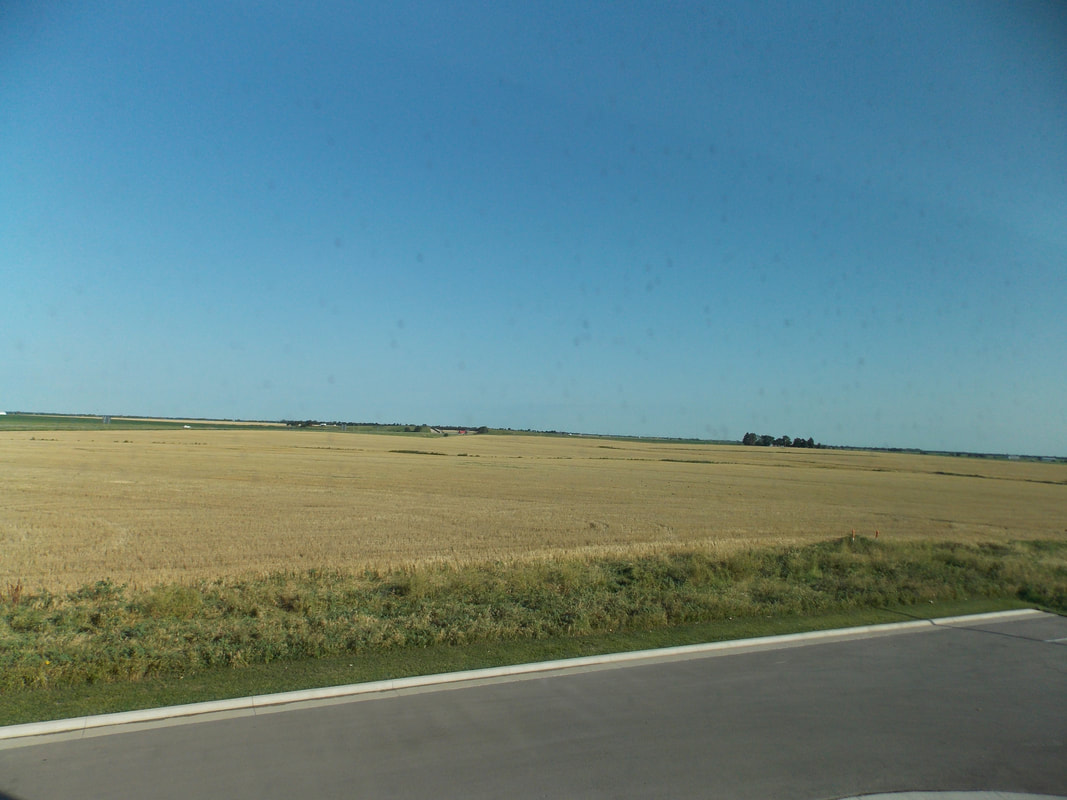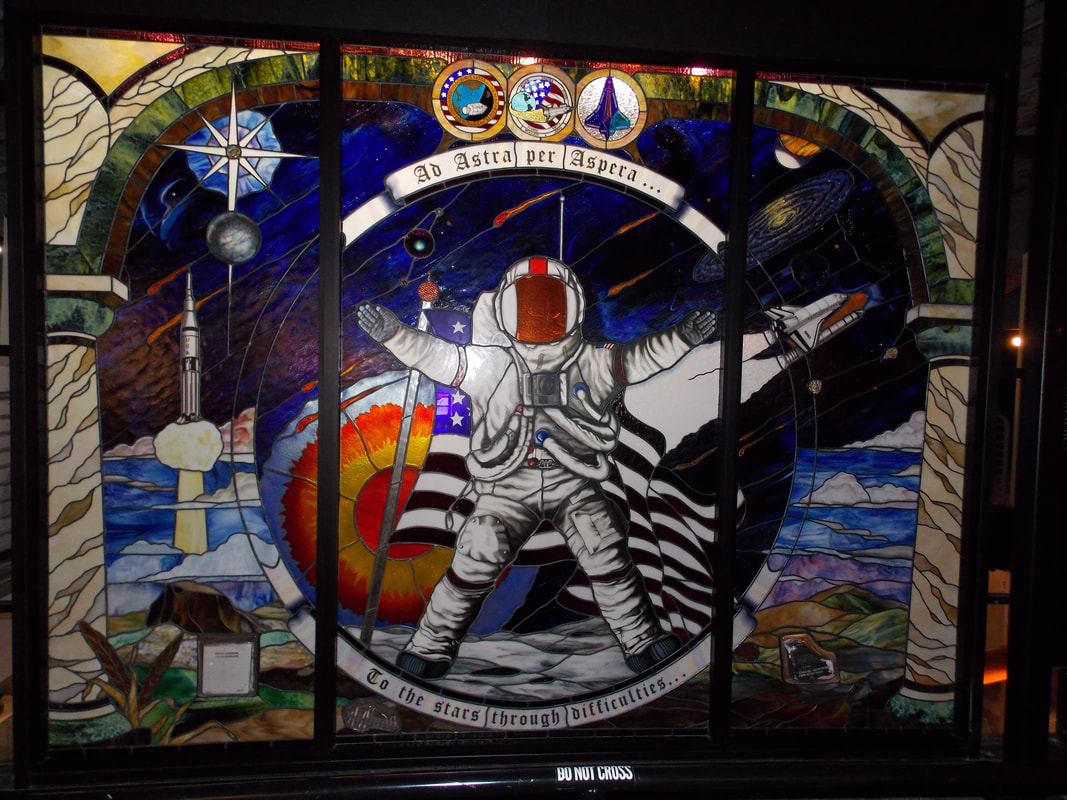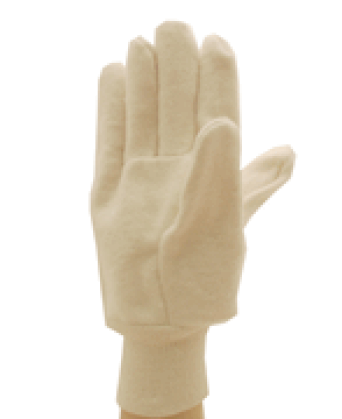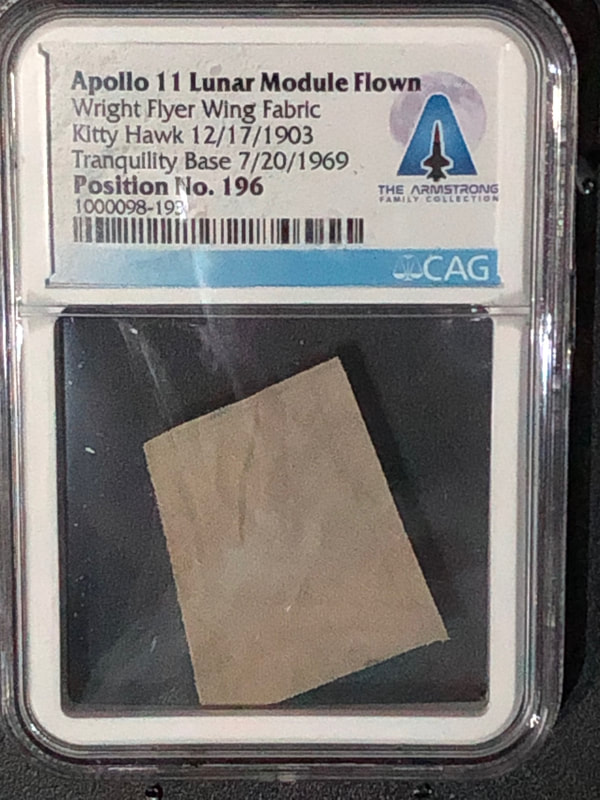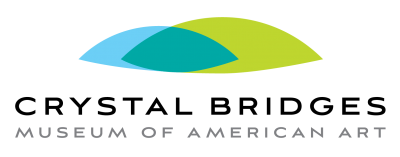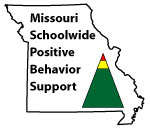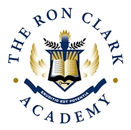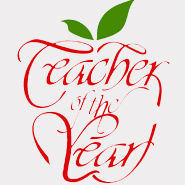There Is Beauty in Unexpected Places.
| Not usually piercing that deeply into the Sunflower State, especially during the early summer, we don't usually consider corn, wheat, and soybean fields to be that lovely, but on the drive home from our short vacation in July, I was happily surprised to consider the slowly rolling, green fields to be truly beautiful. In fact, I wondered if the vista here might compare to the green fields of Ireland. Truly, there are differences, but after looking up some images from Ireland, I can see there are some similarities as well. I'll keep my shade trees, and my hills, but I can now count the views of southeastern Kansas to be among the most beautiful locations in our great nation. |
Adversity, with the Correct Attitude, Pushes Us Forward.
| In the stained glass panels at Cosmosphere, I discovered this phrase in Latin: Ad Astra Per Aspera. Apparently, this is the Kansas state motto. The English translation is, To the Stars, Through Difficulties. What a terrific motto! I wish we could make a trade with Missouri's. To the Stars, Through Difficulties describes an attitude of pushing on through the hard times is rewarding. In fact, it encourages us to keep pressing forward by letting us know that times may become difficult. No one promises any of us an easy life, simple times, or happy days...but then again, if it wasn't so hard, it wouldn't be worth it. |
Be the Salt of the Earth.
The New York Herald on display here echoes Christ's Sermon on the Mount in Matthew's gospel from the Bible. Jesus preaches in Matthew 5:13, “You are the salt of the earth; but if the salt has become tasteless, how can it be made salty again? It is no longer good for anything, except to be thrown out and trampled under foot by men." The science in that speech is correct. Not only does salt change the taste of everything to which it is added, but it also has remarkable preservative qualities. When telling His followers they are "the salt of the earth", Jesus encourages them to change and preserve the world.
Waste Not.
| Some of the gloves found in the 1940s and 1950s section of the salt mine at Strataca, have two thumbs. I was going to be really upset if they didn't reproduce the two-thumbed gloves to sell in the gift shop, but I wasn't disappointed. In fact, I had to purchase one to use as an object lesson both at school and in a Bible class at church. We know, during the Depression, people had learned not to waste things. These gloves are a holdover from that concept. When the palm of the glove wore out, the glove could be turned over and used on the other hand. It is a terrific lesson to understand. I might never have thought of such a thing, but I think it's a great idea that should have been carried beyond the era of the mine. Besides that, one might be able to store some lip balm or breath spray within the second thumb. |
One Man's Trash Is Another Man's Treasure.
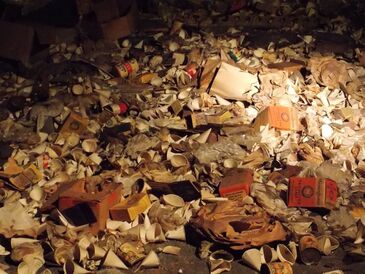
With my interest in archaeology, I know the value of sorting through trash from the past. Many things can be learned about a people by studying the items they threw away. In this sense, one man's trash is another man's treasure. While these men discarded these items 70-80 years ago, these items have become much more interesting to us in the 21st century.
Appreciate How You Got Here.
| This was something I did not know until I saw the item in the museum. I still don't know the thought process o amount of permissions that had to be acquired to be able to take this item on the journey. What I can infer, however, is that our space program could appreciate those who came before them. Armstrong and his peers must have thought about the blood, sweat, and tears spilled to make their lunar journey possible. For the Orville and Wilbur, mankind would never again be tethered to the ground. For Neil and Buzz, no longer would mankind be tied to the planet. Putting these things on a timeline keeps the context. I hope to instill this types of appreciation into my children and my students at school. Understanding more about our past will help us appreciate where we are today. It may also help us drive the timeline forward and ask the question, "Where do we go from here?" |
We must never stop looking for things to learn.
